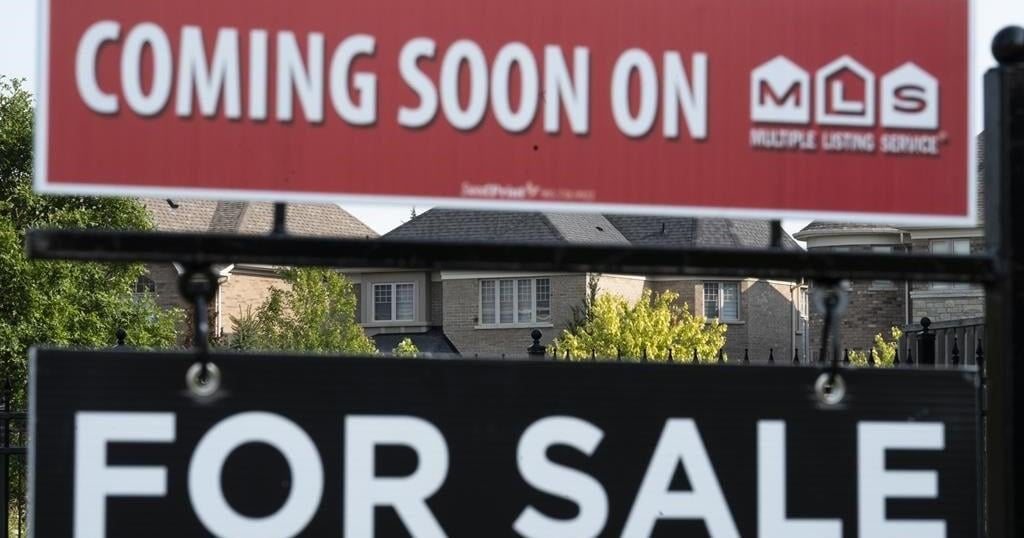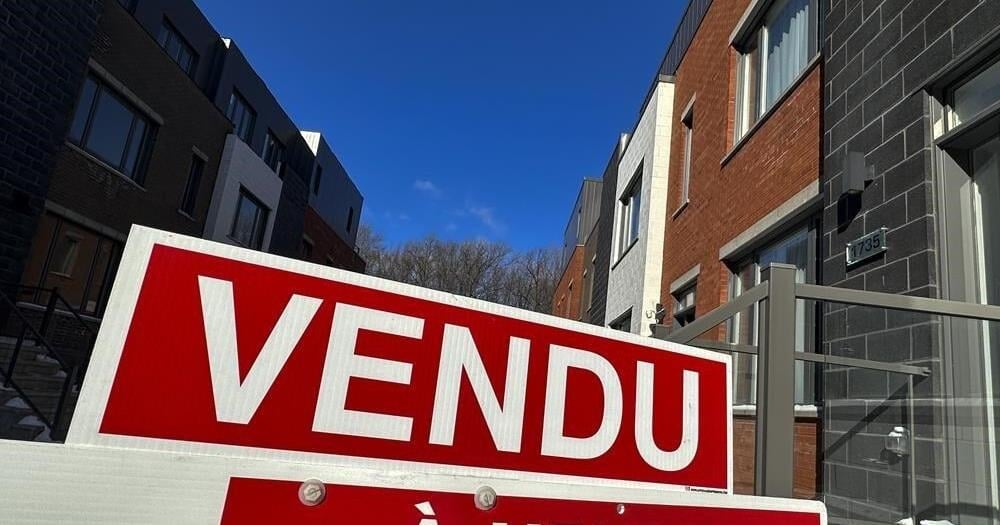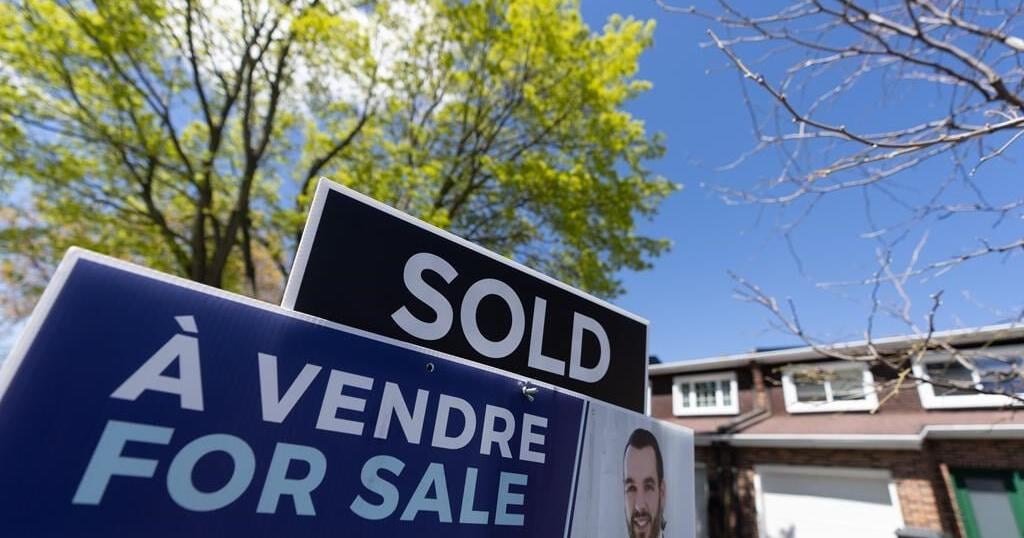New York City has some amazing real-estate bargains—as long as you don’t look too closely. For instance, a 25-unit apartment building is listed for sale on 135th Street in Harlem. The structure, containing recently renovated one- and two-bedroom apartments, is located near City College and major subway lines. You can buy the entire building for $2 million.
On the other hand, if you don’t want to own 25 apartments and just one will do, you can buy a single apartment on the same block. That one unit, a co-op, will set you back half a million.
Why such a discrepancy in the pricing of these two properties? It’s not that you get a discount for buying in bulk. The answer is that 24 of the 25 units in the $2 million building are rent-regulated. And that means that, under a 2019 New York State law, the current rent is essentially fixed, forever. Aside from a small yearly increase set by a politically controlled municipal board—which can be as low as zero—the building owner will have no power to raise rents, even after the current tenants die or move out. Rising costs of energy, insurance, taxes, and labor will be borne by the owner, as will almost all the costs of roof and boiler replacements.
Moreover, eviction of nonpaying tenants is an excruciatingly long and expensive process. Even after a tenant loses a case in housing court and a judge orders his or her eviction, “you can ask the court for up to one year to move if you can show that you cannot find a similar apartment in the same neighborhood,” according to the website of New York State Attorney General Letitia James. It is not uncommon for landlords to offer nonpaying tenants a cash incentive to leave.
The Housing Stability and Tenant Protection Act of 2019 has destabilized the housing market in New York City, where it applies to about half the city’s roughly 2 million rental units. The value of these 1 million regulated units has always been tied to economic assumptions regarding the ability of owners to raise rents generally in accord with inflation, and especially with their reliance on a 20 percent rent increase permitted following an apartment vacancy. This “vacancy reset” has more or less covered the cost of rehabilitating units that may have had the same occupant for decades.
As a direct result of the new law, the value of rent-regulated real estate has cratered throughout Gotham, and the serious knock-on effects of this slow-motion collapse are becoming apparent. Prices on portfolios of rent-regulated apartments are down 40 percent to 60 percent of what they cost just five years ago. New York Community Bank, a major lender in the New York City area, with huge exposure in multifamily and commercial real estate, came close to failing in March 2024 and got bailed out at the last minute by private investors.
Cry me a river, say housing advocates, who want to know why anyone should care that wealthy investors are losing money on speculative investments. Leftists like Bronx congresswoman Alexandria Ocasio-Cortez want to “decommodify housing” and treat it as a social good, like public education, guaranteed to all. Socialist New York City comptroller Brad Lander has expressed his hope that a collapse in real-estate values will result in a 1970s-style mass default on residential properties—enabling the city, or associated “nonprofit community groups,” to assume control and reshape the market into “social housing,” along the lines of “Red Vienna” in the 1920s. To further this dream, the Left has campaigned for several years to pass “Good Cause Eviction” legislation, which would bring all rental housing in the state under the regulatory framework.
The decommodification of housing in New York will necessarily involve the dilapidation of the housing stock. Housing must be made unprofitable for private owners and lenders, who will then stop investing in upkeep and maintenance. Consider the 25-unit building on 135th Street. The building costs only $2 million because there is no way to make any money from it. Buildings are like boats: they need constant upkeep or they will sink. Given the requirements of maintenance for a 100-year-old urban apartment building with dozens of tenants, and the low projected cash flow from the regulated rent roll, the building is a money pit.
That’s why the city won’t buy it, and neither will a nonprofit community group, nor the tenants themselves. Unless the law permits the owner or manager to collect enough money in rent to keep the building afloat, it will go under. Tens of thousands of other buildings in similar circumstances will sink, too—and drag the city down with them.

























